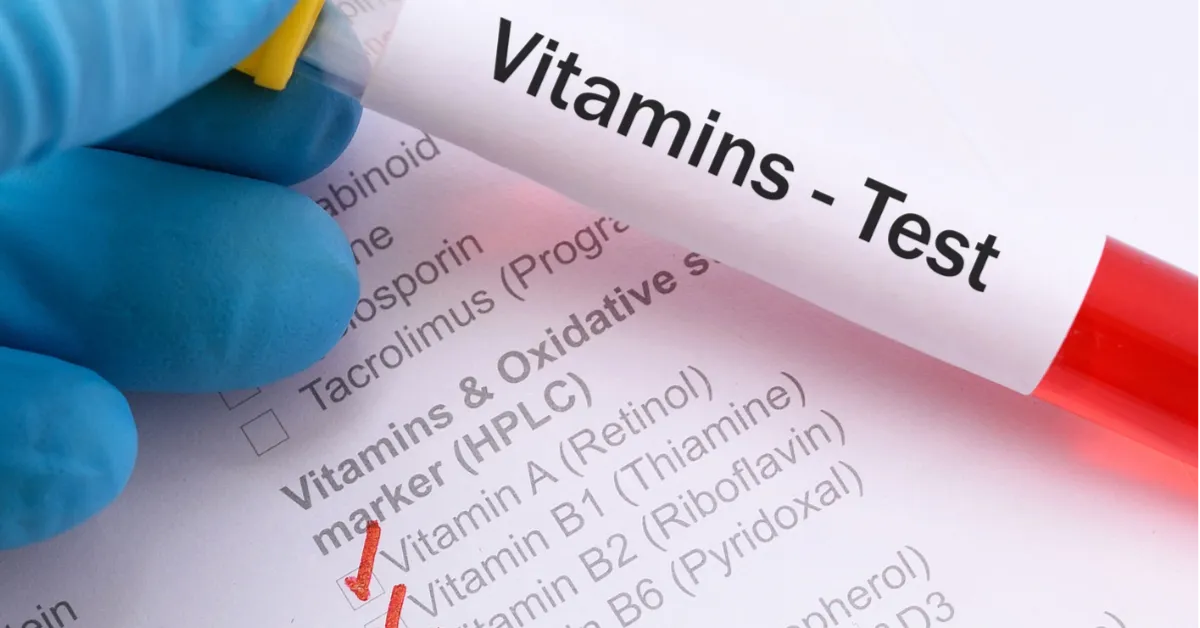EN 18421 Vitamin E Testing in Vegetable Oils
The European Standard EN 18421 specifies the procedure for determining tocopherol content, particularly alpha-tocopherol, in vegetable oils. This testing is crucial for ensuring product quality and compliance with regulatory standards. Alpha-tocopherol, a form of Vitamin E, plays a vital role in preventing oxidation and preserving the nutritional value of vegetable oils.
This test is widely used in industries where vegetable oil products are involved, such as food processing, pharmaceuticals, and cosmetics. It helps ensure that products meet quality standards set by authorities like the European Commission and World Health Organization (WHO).
The testing procedure involves several steps including sample preparation, extraction of tocopherols using solvents, and subsequent quantification through chromatography methods. Precision in these processes is critical to obtaining accurate results.
Understanding the importance of this test requires an understanding of how Vitamin E functions within vegetable oils:
- Vitamin E acts as a potent antioxidant, protecting fatty acids from oxidative damage.
- It contributes significantly to the shelf life and stability of processed food products.
- Ensuring adequate levels prevents potential health risks associated with rancidity and spoilage.
The standard is particularly relevant for quality managers, compliance officers, R&D engineers, and procurement specialists who need to ensure that their vegetable oil products meet stringent standards. The test results help in maintaining consistent product quality and reliability.
For accurate testing according to EN 18421, the following steps are typically followed:
- Sampling: A representative sample is taken from the batch of vegetable oils.
- Precipitation: The sample is treated with a suitable reagent to precipitate proteins and other impurities.
- Extraction: The tocopherols are extracted using an appropriate solvent.
- Determination: Chromatographic techniques or spectrophotometry are used for quantification.
The precision of this testing is paramount, as the results can significantly impact product quality and consumer safety. Rigorous adherence to the standard ensures that the tested products meet required specifications and regulatory requirements.
| Step | Description |
|---|---|
| Sampling | A representative sample is taken from a batch of vegetable oils. |
| Precipitation | The sample is treated with a suitable reagent to precipitate proteins and other impurities. |
| Extraction | Tocopherols are extracted using an appropriate solvent. |
| Determination | Chromatographic techniques or spectrophotometry are used for quantification. |
The standard is widely accepted and recognized in Europe, ensuring consistency across various industries. Compliance with this standard is essential for maintaining high-quality products that meet both local and international standards.
Scope and Methodology
The scope of EN 18421 encompasses the determination of tocopherol content, specifically alpha-tocopherol, in vegetable oils. The methodology involves several key steps that ensure accurate and reliable results:
- Sampling: A representative sample is taken from a batch of vegetable oils to ensure accuracy.
- Precipitation: The sample undergoes precipitation with a suitable reagent to remove proteins and other impurities.
- Extraction: Tocopherols are extracted using an appropriate solvent. Typically, a mixture of solvents is used for thorough extraction.
- Determination: Chromatographic techniques or spectrophotometry are employed to quantify the tocopherol content accurately.
The standard ensures that the testing process adheres to strict protocols, which guarantees accurate and reliable results. This precision is critical for ensuring product quality and compliance with regulatory standards.
| Step | Description |
|---|---|
| Sampling | A representative sample is taken from a batch of vegetable oils to ensure accuracy. |
| Precipitation | The sample undergoes precipitation with a suitable reagent to remove proteins and other impurities. |
| Extraction | Tocopherols are extracted using an appropriate solvent. Typically, a mixture of solvents is used for thorough extraction. |
| Determination | Chromatographic techniques or spectrophotometry are employed to quantify the tocopherol content accurately. |
The precision and accuracy of these steps ensure that the results are reliable and consistent, meeting both local and international standards. Compliance with this standard is essential for maintaining high-quality products.
Why Choose This Test
- Precision: The test ensures accurate measurement of tocopherol content, specifically alpha-tocopherol, in vegetable oils.
- Compliance: It helps ensure compliance with European and international standards.
- Quality Assurance: This testing is crucial for maintaining consistent product quality and reliability.
- Consumer Safety: Ensuring adequate levels of Vitamin E prevents potential health risks associated with rancidity and spoilage.
- Industry Standards: The test meets the requirements set by regulatory bodies like the European Commission and World Health Organization (WHO).
- Reputation: Compliance with this standard enhances a company’s reputation for producing high-quality products.
The reliability of these tests is essential in maintaining product quality and ensuring that consumers receive safe and effective products. The precision and accuracy provided by EN 18421 are critical for meeting stringent standards and regulatory requirements.
International Acceptance and Recognition
- European Standards: The test is widely accepted in Europe, ensuring consistency across various industries.
- International Standards: It aligns with global standards, providing a consistent framework for testing vitamin E content.
- Regulatory Compliance: Compliance with this standard ensures that products meet both local and international regulatory requirements.
- Industry Recognition: The test is recognized by key industry players for its reliability and accuracy.
The widespread acceptance of EN 18421 in Europe and its alignment with global standards make it a preferred choice for industries involved in vegetable oil production. Compliance ensures that products meet stringent quality and safety standards, thereby enhancing consumer trust and satisfaction.





